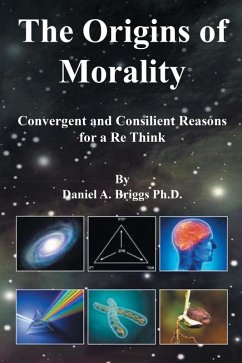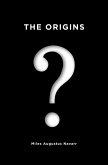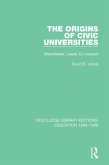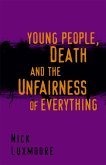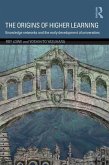The Origins of Morality juxtaposes nature and divinity, theory and faith, and science and theology, provoking intense curiosity about threads woven into the fabric of ethics and belief systems by humankind over the ages. Daniel Briggs critically analyzes classic and contemporary theories in science, biology, philosophy, psychology, sociology, and theology to present fresh insight into the derivation of value systems and mores from the beginning of recorded time to the present day. Tempered by the writings of renowned theorists such as Einstein, Hawking, Darwin, Freud, and Adler against a backdrop of writings attributed to the Divine, Briggs helps the reader traverse a web of complex concepts ranging from the big bang theory and the cosmological constant to Darwinism and intelligent design, iron logic and faith to formulate a cogent view of morality. Briggs balances secular and spiritual elements, examining contentious and divergent views on the foundations underlying humanity and morality to present objective information that allows readers to formulate their own conclusions. Although written in scholarly fashion, The Origins of Morality includes references and a glossary making it suitable for a wide audience of readers. The book will be of particular interest to academicians, psychologists, scientists, sociologists, theologians, students and those individuals seeking answers to fundamental questions about the origins of human belief systems. Rather than repeating content from works, Briggs refers readers interested in exploring certain areas in more detail to other books he has published on related or tangential topics. Briggs has written an intellectually stimulating and thought provoking book that challenges readers to question answers proffered by scientific theory and religion, to draw their own conclusions. The Origins of Morality is highly recommended for those who want to get past philosophical rhetoric and confusing scientific theories to formulate their own answer to the question, "What is morality?" How will you answer this question after reading The Origins of Morality? Judy Bullock, Ph.D. Professor at American Intercontinental University Atlanta, Georgia, USA
Hinweis: Dieser Artikel kann nur an eine deutsche Lieferadresse ausgeliefert werden.
Dieser Download kann aus rechtlichen Gründen nur mit Rechnungsadresse in A, D ausgeliefert werden.
Hinweis: Dieser Artikel kann nur an eine deutsche Lieferadresse ausgeliefert werden.

